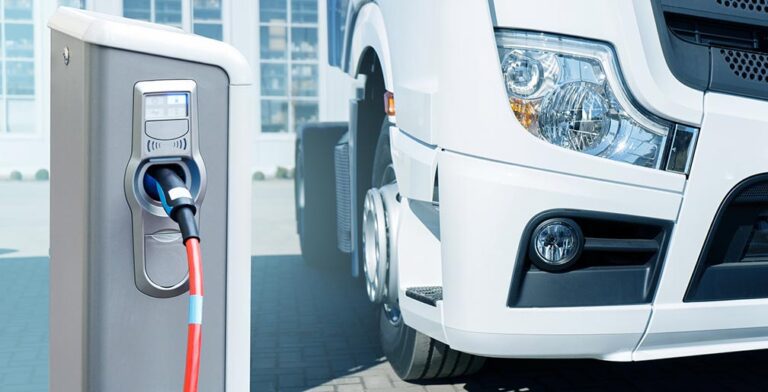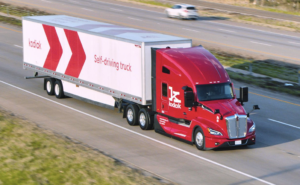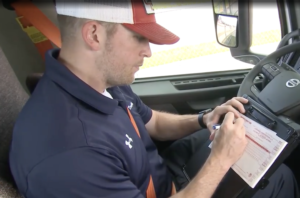WASHINGTON — The federal government on Tuesday announced $2.5 billion in new grants for the construction of electric vehicle charging stations and alternative fueling infrastructure, including those that will serve electric big rigs.
Known as the Charging and Fueling Infrastructure or CFI program, the grants will be doled out over a five-year period, with an emphasis on both highway chargers but also locations in traditionally underserved and disadvantaged urban, rural and tribal communities.
A statement from the Department of Transportation said the grants will be targeted to “fill gaps in the national charging and alternative-fueling network.”
Transportation Secretary Pete Buttigieg said in the statement that the overarching goal is “modernizing our infrastructure and creating good jobs in the process.”
He hailed the fresh funding as “another big step forward in creating an EV future that is convenient, affordable, reliable, and accessible to all Americans.”
The $2.5 billion in funding is split evenly into two tracks: a Community Program which seeks to strategically distribute chargers in underserved locations in cities and communities; and a Corridor Program, which will focus on highways with the goal of establishing Alternative Fuel Corridors to enable gasoline-free cross-country travel and long-haul trucking.
The money builds on a separate $5 billion in federal money dedicated to growing a nationwide network of EV chargers specifically along highways. The Biden administration has been prioritizing construction on highway routes that can allow EV drivers to go long distances, at the expense for now of neighborhoods, shopping centers and apartment dwellings in more urban areas where chargers have been in relatively higher demand.
Established by the Bipartisan Infrastructure Law, which was passed by Congress in November 2021, the grants come under the umbrella of President Joe Biden’s public goal of establishing 500,000 public EV charging stations and reducing national greenhouse gas emissions by at least 50 percent by the year 2030.
The department did not specify how many chargers it expects to help build off the latest round of funding. Direct-current fast chargers, which can charge a car up to 80% of its battery capacity in 20 to 45 minutes, are quite expensive, costing $40,000 to $100,000, limiting the number that can be built, but they enable drivers to quickly get back on a road such as a highway. Level 2 chargers are cheaper in cost but take a few hours to charge an EV, and are typically placed in neighborhoods and near schools, stores and offices.
In addition to electric chargers, the grants will fund the establishment of more hydrogen, propane, or natural gas refueling infrastructure. The EV charger funding will target new charging stations at public buildings, schools and parks as well as publicly accessible parking garages.
Energy Secretary Jennifer Granholm said the new grants will provide a much-needed push for the growing electric vehicle industry. The rapid expansion of the electric vehicle market has strained the infrastructure in many cities, leading to consumer reluctance — especially for residents who can’t conveniently charge at home.
“Ensuring that charging stations are more visible and accessible in our communities addresses the concerns many American drivers have when considering making the switch to electric,” Granholm said in a statement.
The Trucker Staff contributed to this report.
The Associated Press is an independent global news organization dedicated to factual reporting. Founded in 1846, AP today remains the most trusted source of fast, accurate, unbiased news in all formats and the essential provider of the technology and services vital to the news business. The Trucker Media Group is subscriber of The Associated Press has been granted the license to use this content on TheTrucker.com and The Trucker newspaper in accordance with its Content License Agreement with The Associated Press.











